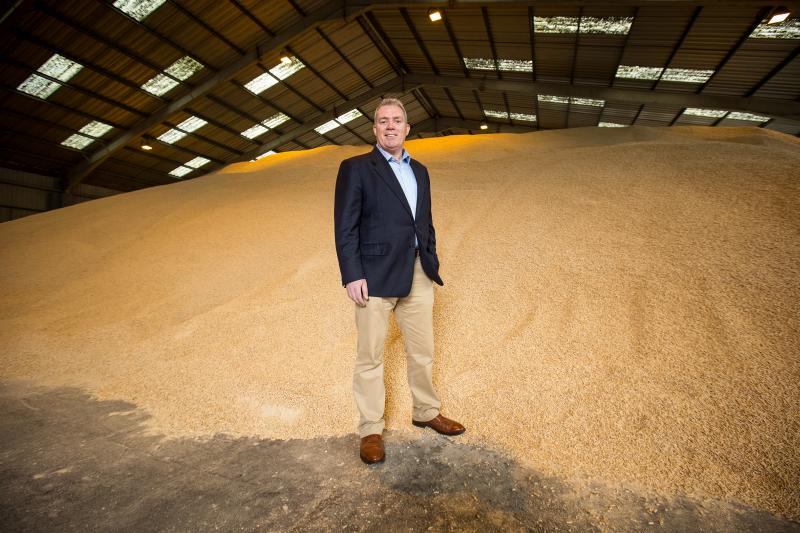
The NFU has thrown its weight behind a campaign seeking to boost the UK biomass industry as the union looks to cut farming's carbon emissions to net zero by 2040.
The campaign calls for the government to extend the Renewable Heat Incentive scheme (RHI) and raise fossil fuel duties to help meet carbon emission targets.
The NFU has now extended its support given that many of its members use or have diversified into biomass as a renewable energy heat source.
It follows the launch of the farming union's own blueprint vision to cut carbon emissions to net zero within agriculture by 2040.
Biomass power is electricity generated using plant-based fuels. This can include wood pellets and wood chips, bioenergy crops or even agricultural and domestic waste.
Advocates say that their industry helps create workable circular economies across farming, agriculture and forestry sectors.
It is often the most viable and lowest carbon option available to businesses and households in off-gas grid areas.
Given the government’s pledge to cut carbon emissions to net zero by 2050, the campaign says it is 'essential' that rural businesses aren’t left behind their urban counterparts when it comes to future heat decarbonisation strategies.
It says this is especially true given that many of the biomass heat industry’s 700+ supply chain companies operate in rural areas.
The UK Pellet Council and the Wood Heat Association are delivering the Biomass Heat Works! campaign.
Neil Holland of the UK Pellet Council, said: “We’re delighted that the NFU have pledged its support to the campaign as a vast number of its members up and down the country are advocates of biomass heat.
“By extending the RHI and specifying biomass as the most proven solution to decarbonising heat in rural areas, we can also create a highly sustainable rural economy, employment opportunities and business growth in agriculture.
“The UK’s biomass industry employs almost four times the number of those working within the country’s fishing industry and already, over 30% of non-domestic biomass capacity is within the agricultural sector.
“Therefore, government support in the biomass sector, as in other European countries, would make a significant contribution to the 2050 carbon reduction targets whilst making rural businesses more resilient and homes more energy efficient,” he said.
Dr Jonathan Scurlock, Chief Advisor for Renewable Energy at NFU, added: “The campaign demonstrates how biomass must play an integral role in the UK’s future energy mix, especially in rural areas which sits well alongside our own net zero ambitions.”
Recent evidence suggests that the UK could almost triple its use of bio-energy as a heat source from 6% to 16% by 2032 and achieve net zero targets by 2050, with biomass being a major contributor.
However, as of yet, no other measures are tabled by government for when the RHI closes to new applications in March 2021.
The campaign says this lack of forward planning is having a 'significant impact' on the development of future projects.
